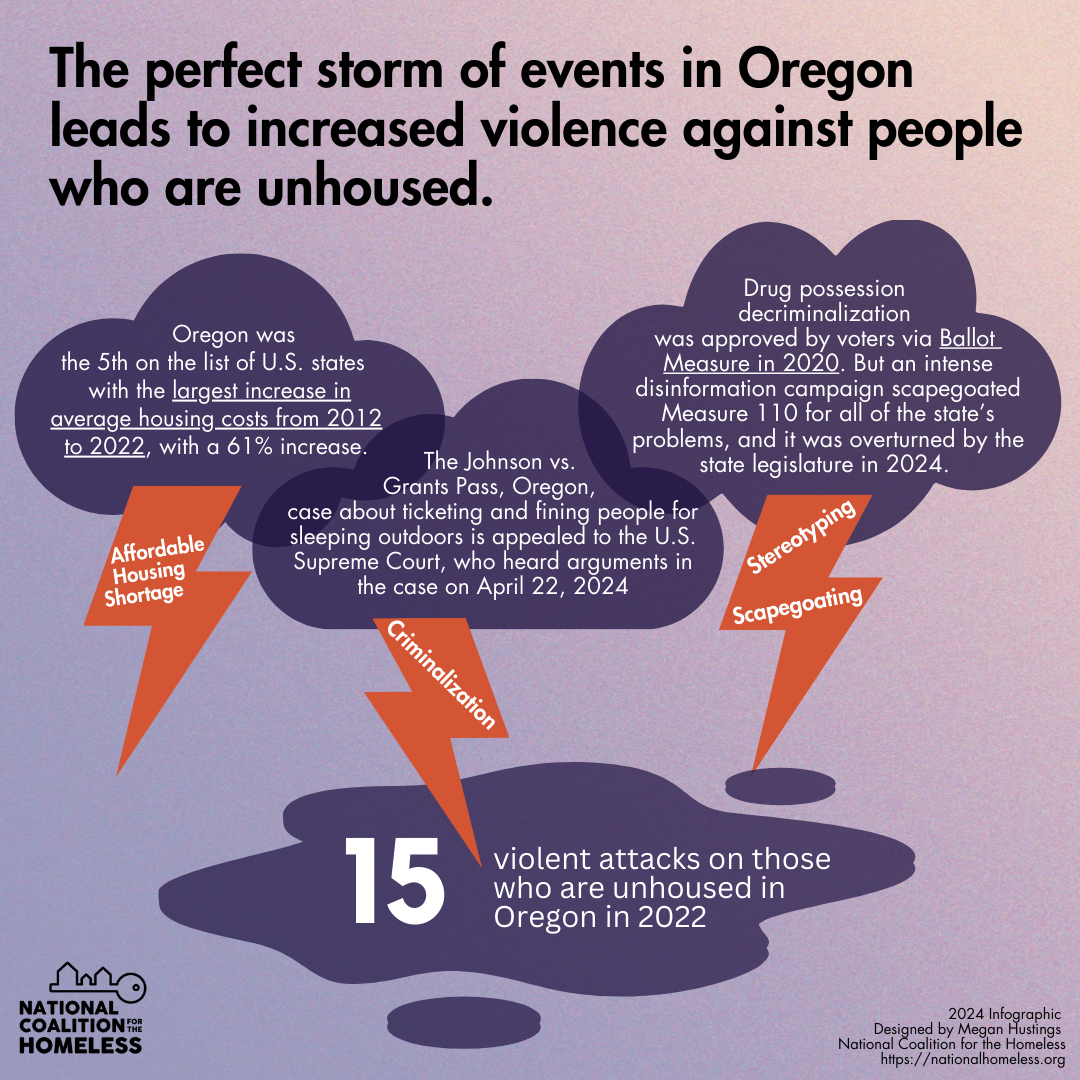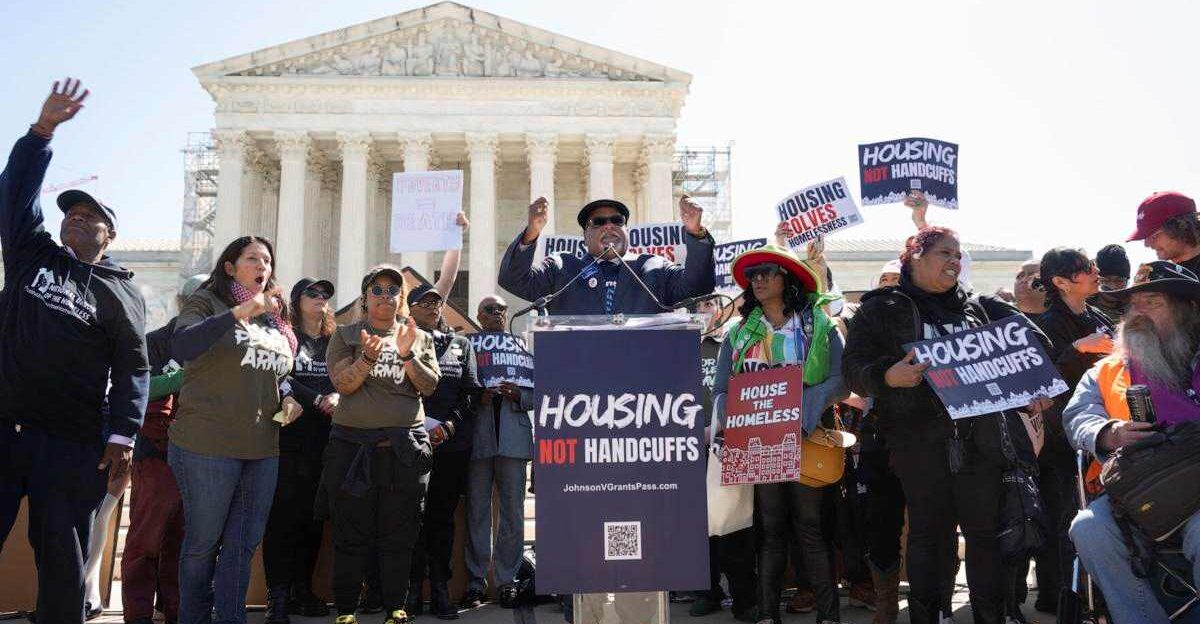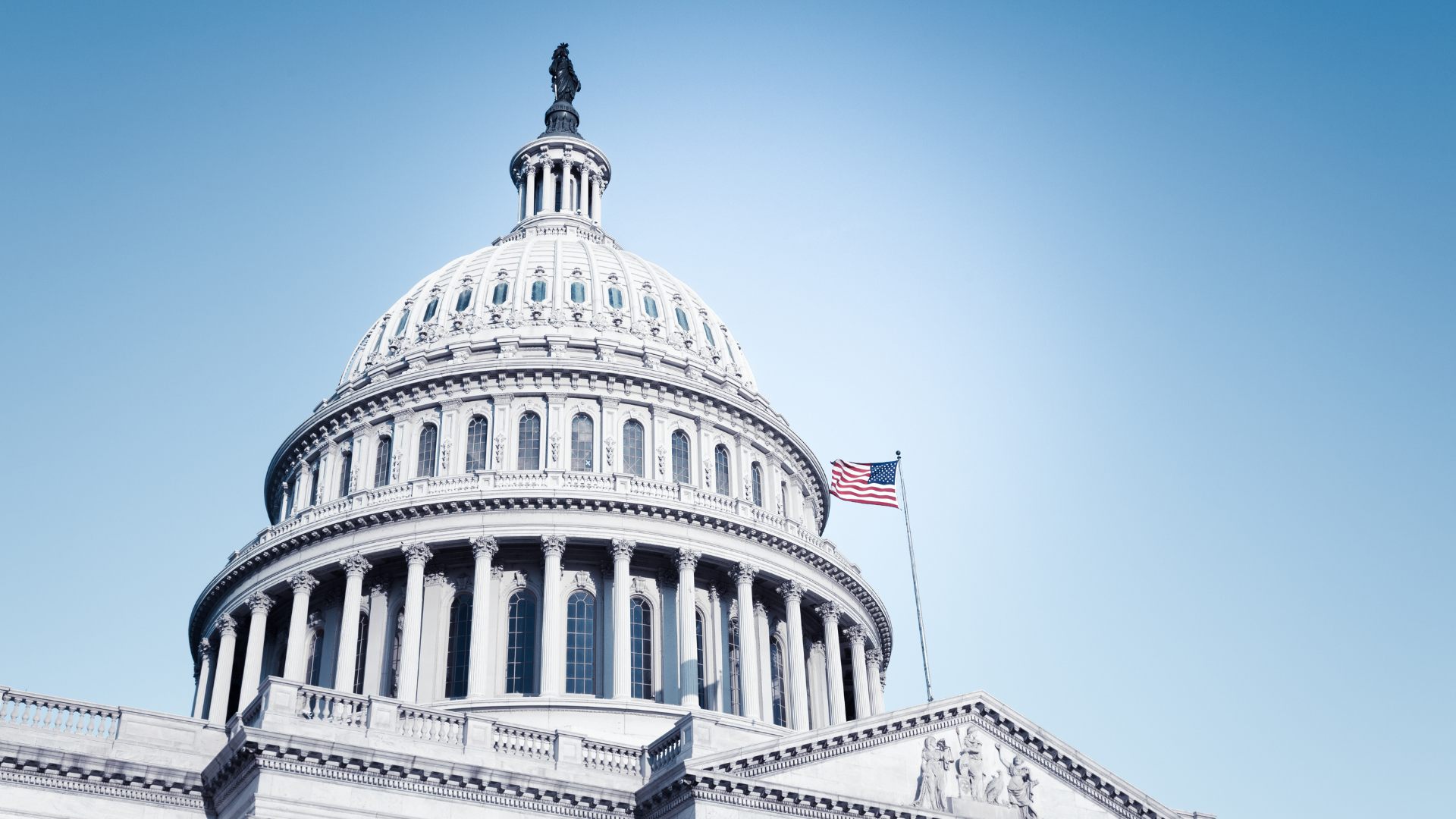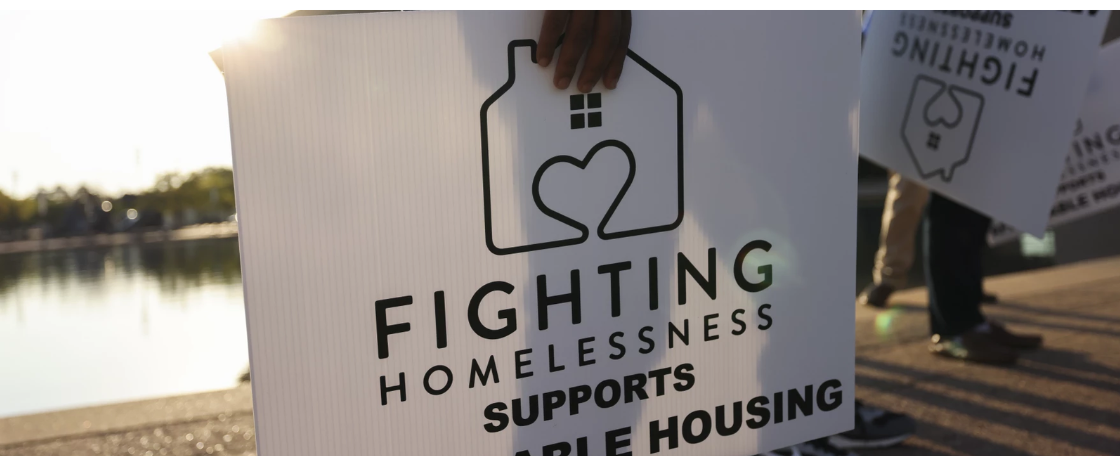
National Coalition for the Homeless Condemns Supreme Court Decision in Grants Pass vs. Johnson
Washington, D.C. — In a profoundly disappointing ruling, the U.S. Supreme Court today decided that it is constitutional to arrest or...

Criminalization has consequences
Over the past 23 years, the National Coalition for the Homeless (NCH) has documented nearly 2000 incidents of violence...

Johnson vs. Grants Pass questions the cruelty of arresting and ticketing Americans who are unhoused
Over 700 people rallied in front of the U.S. Supreme Court during oral arguments on Monday morning, April 22,...

Stand Together: Your Voice Matters in the Fight for the Rights of People Experiencing Homelessness

Membership, what does it truly mean? What does it look like?
Every day, individuals experiencing homelessness confront a multitude of battles, where survival is both a blessing for having endured...

Bring America Home NOW: A People’s Campaign Positioned To Prevent And End Homelessness

Exclusive Insight: Donald Whitehead Delivers a Crucial Message in Our Latest Newsletter

BAHN and Junior State of America Partnership
The Bring America Home NOW campaign, spearheaded by the National Coalition for the Homelessn is excited to announce this...

National Coalition for the Homeless Highlights Alarming Increases in Homelessness and Calls for Urgent Action in the Wake of HUD AHAR Report
We are deeply concerned about the recent findings presented in the Department of Housing and Urban Development's (HUD) Annual...

Leadership Conference 2023
Guest Spotlight Photo Gallery


